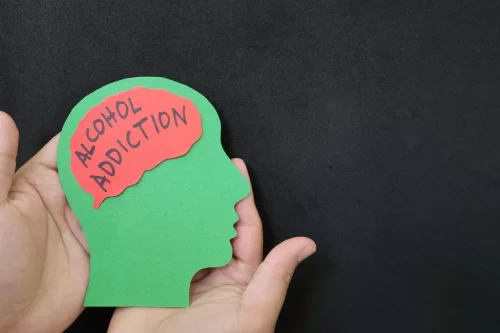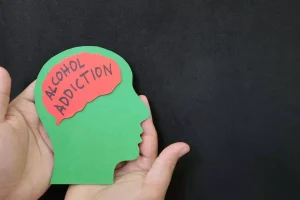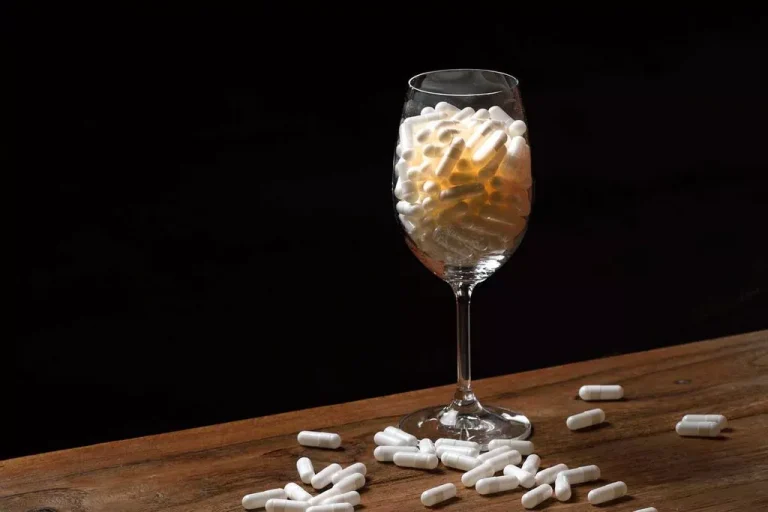
The severity will depend on how long you’ve been using alcohol and how much you usually drink. In severe cases, you can experience a possibly life-threatening type of alcohol withdrawal known as delirium tremens (or DTs), which can occur from two days to up to a week after your last drink. Both the short-term and long-term effects of drinking too much are likely enough to make you want to get your habits in check and get a better handle on what your limits are or should be.
- Alcohol typically lingers in saliva for around 12 to 24 hours after drinking.
- Acetaldehyde breaks down into less-toxic acetate, which the body further breaks down into water and carbon dioxide before eliminating it.
- Generally, a BAC of around 0.40% and higher can be fatal for many individuals.
- While the exact amount of alcohol in beer, wine, and spirits varies, the standard drink is a useful measure to keep track of how much alcohol you consume.
Body Size
This might involve medical assistance, support from loved ones, or strategies to handle cravings. From there, acetate is further broken down into carbon dioxide and water, which the body eventually expels. This metabolization process helps keep the alcohol level in the blood, known as Blood Alcohol Concentration (BAC), in check. However, they have limitations as they simply provide an estimate of BAC based on information you input into the calculator. Binge drinking (excessive drinking) is defined as having five or more drinks within several hours for men or four or more drinks during the same time period for women.
Health Conditions
The answer can vary significantly from person to person, but there are some general how long does alcohol stay in your system guidelines and interesting facts that can provide insight into this phenomenon. Alcohol typically lingers in saliva for around 12 to 24 hours after drinking. Although saliva testing can detect alcohol, this approach is fairly uncommon compared to breath, urine, or blood tests.

Timing and Blood Alcohol Concentration Tests
There are a few factors that affect alcohol detection in urine, including chronic use of alcohol and the type of test used. The tests that are alcoholism symptoms used to measure BAC can detect blood alcohol levels for up to 12 hours after consumption. This is often requested by law enforcement to check for underage drinking or impaired driving, but some employer screenings may be used to test for alcohol consumption on the job. Once you’ve had an alcoholic drink, you’ll likely start to feel the effects within just a few minutes. Alcohol starts to absorb in your stomach and small intestine very quickly after consumption.

Time of Your Last Drink
For those on the road to addiction recovery, quotes can provide motivation and emotional support when it’s needed most. Understanding these factors can help individuals make more informed decisions about their alcohol consumption and better estimate how long the effects of alcohol will last for them. These factors work together, so two people with similar drinking habits might have very different outcomes.
How Can Quotes Help You In Recovery?

The amount that a test can detect alcohol also depends on the amount you initially drink. When 5% of the alcohol reaches your kidneys, they’ll immediately start expelling alcohol through urine. Alcohol can suppress a hormone that helps your body conserve fluid, which means your body secretes more fluids than usual. Having a stomach full of food can help delay the absorption of alcohol in your blood. The lower esophageal sphincter (LES) is a bundle of muscles at the low end of the esophagus, where it meets the stomach. The liver breaks alcohol into ketones at about 0.015 g/100mL/hour (reduces BAC by 0.015 per hour).
How Long Do the Effects of Alcohol Last?
- Even a small amount of alcohol can affect your vision, reaction times and ability to drive, even if you remain well below the legal drink-drive limit of 80 milligrams per 100 millilitres.
- Many factors can influence an individual’s response to alcohol, including gender, food intake, other medications and genetics.
- The FHE Health team is committed to providing accurate information that adheres to the highest standards of writing.
- The detox process refers to the time it takes for all the alcohol in your system to be metabolized and the body to return to normal function.
If your BAC reaches 0.08, it will be back to zero in about five to six hours as you’re sobering up. While the body follows a standard process for absorbing and metabolizing alcohol, how fast it does this is different for everyone. And over time, your body and even parts of your body adjust, for instance, alcohol’s affect on the brain can be relatively short or life-long. While normal body function may largely return once alcohol is metabolized (e.g., 1 hour on average for a standard drink), it remains detectable for up to a few weeks. The body metabolizes alcohol by oxidizing the ethanol to acetaldehyde.
Consumption Rate

The timeline isn’t the same for everyone, but nearly all former drinkers report major improvements in both health and quality of life. You might be 45 on paper, but if you’re a long-term heavy drinker, your biological age might be closer to 55. So yes, the risk is real – even if you’re not drinking every single day or to blackout.
Does Alcohol Dehydrate You? How To Rehydrate After Drinking
Even if you are below the legal limit, it’s never safe to drive with any amount of alcohol consumption. The blood alcohol concentration (BAC) is how much alcohol is in your blood and is the most precise way to measure intoxication. One phase is the acute form of alcohol poisoning caused mainly by binge drinking. The second is a chronic phase in which you drink large amounts of alcohol, but you are conscious and moving naturally due to the high tolerance developed over time.
How Long Does Alcohol Stay in the Body?

The tests below are the most commonly used methods of testing for alcohol consumption. The timeframes listed are the general maximum amount of time after drinking that the test can detect alcohol metabolites in your system. Roughly 20% of the ethanol in liquor is absorbed into the blood from the stomach and the rest from the small intestine. The longer alcohol stays in the stomach, the longer it takes to be absorbed and the slower the rate of intoxication. Eating before drinking and continuing to snack while you consume alcohol will slow the absorption and reduce its intoxicating impact, but it will prolong the detection period. That means you may feel soberer than you actually are, according to your blood alcohol content.
